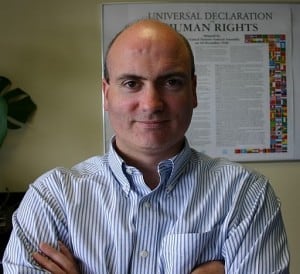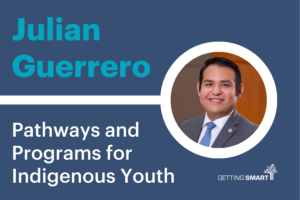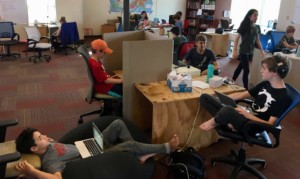Free Post-Sec Will Put the Breaks on Spiraling Costs

In the last 24 hours I’ve seen a half a dozen articles about free post secondary learning–a little anecdotal evidence that this Internet stuff may actually change higher education in America.
The Independent reviews Open University and free courses offered by Stanford. (We review Stanford’s plans here.)
Wired Academic reviewed Alison.com, a site hosting 300 free courses that simply asks you to put up with a little advertising. Mike Feerick, Alison founder, is banking on a shift to value and away from degrees toward just-in-time targeted learning.
Udemy is another site that allows you to build, offer, or take a course on anything.
P2PU is collaborating with Anya Kamenetz, author ofThe Edupunk’s Guide to a DIY Credential, to create a new course centered around motivated learners who are ready to experiment with an innovative approach to learning.
This week, Autonomous University of Mexico launched the Latindex Portal of Portals, an open resource composed of 18 scientific, technical and cultural journal websites.
In addition to more free learning option, learning is getting more social. Harold Jarche wrote a great piece about social learning where he suggests:
Social learning is the lubricant of networked, collaborative work. Therefore we need to redesign work structuresthat foster self-organized (social) groups for learning and working. If work is learning, and learning is the work, then shouldn’t the workplace be structured as a learning environment?
The importance of learning is growing; the value of degrees is slowly declining. The shift is on to ‘what I need, when I need it, how I want it’ learning. The spiraling cost of higher education in America is so orthogonal to this trend that a big crash is inevitable. Free/cheap just-in-time options are being developed fast enough and becoming sufficiently recognized that it will increase cost and quality pressure on less selective and undifferentiated colleges and universities.






0 Comments
Leave a Comment
Your email address will not be published. All fields are required.